Q&A: What to Expect From Europe’s Logistics Sector
P3 Logistic Parks Co-CDO David Marquina shares insights on the sector’s performance and weighs in on the implications of Brexit and a potential economic downturn.
The industrial sector in Europe remains strong, backed by high demand and constrained supply, according to a recent UBS Asset Management report. Industrial investors continue to build in key markets, reaping the benefits of historically high prices.
With more than 46 million square feet of assets under management and an extensive land bank for further development, P3 Logistic Parks is one of the most important players in the industrial/logistics sector in Europe, operating in 12 countries. In an interview with Commercial Property Executive, David Marquina—the company’s recently appointed co-chief development officer—describes the industrial sector’s performance in Europe, but also refers to the challenges Brexit or a potential economic downturn could bring.
READ ALSO: Logistics Sector Activity Normalizes in Third Quarter
How would you describe the industrial/logistics sector in Europe today?
Marquina: Nowadays, there’s a very strong appetite for all types of logistics space. Six years ago, no one was interested in logistics. They didn’t even recognize it as an asset class in the commercial sector. Everybody was interested in retail, office, hotel, but only a few were into logistics. Today, it’s the other way around: Everyone loves logistics. It became one of the “sexiest assets” of the commercial sector and there’s a nice gap between the return you can get from an investment in logistics versus one in office or retail centers. Nevertheless, it’s a very competitive market. With yields compressing, we want to create value and we are doing this through development across Europe.
Where is change taking place in Europe? What are the hottest markets?
Marquina: The hottest and the biggest market, by far, is Germany. This is our first-priority market across Europe. We also have an important footprint in Central and Eastern Europe, but starting last year, we’ve been rebalancing and getting more involved in Western Europe. We’ve grown a lot in Spain and Italy, but we’ve also remained very focused on Germany. E-commerce is one of the drivers of the take-up and we are developing a diversity of types of assets, from fulfillment centers, to multistory and last-mile.
How broad is your client spectrum?
Marquina: We have many types of clients, from the usual 3PLs like DHL, to e-commerce customers. Through development, we’re also growing our client spectrum. Now, one of the newest type of businesses we’re accommodating is grocery. This is also changing the kind of assets we build. We’re going from all sorts of temperature areas to chill warehouses and automatized silos.
How much has the workforce shortage affected your delivery schedule?
Marquina: So far, we haven’t been affected. But I know general contractors that had to fight for teams. However, that’s not happening anymore. It’s important to build at the right time, to have a schedule and make sure you are able to get the materials on time. You also need a buffer time for your general contractor to organize. If you take that into consideration, you shouldn’t have problems.
To what extent has Brexit and all the uncertainties around it affected your business?
Marquina: We planned in advance for Brexit. One of the plans refers to employees and advisors—we want to make sure that we can still work together even if they are based in the U.K. But we haven’t seen any impact so far regarding 3PL, logistics or businesses relocating. However, I wonder how trade is going to be affected when Brexit happens. We will be there and try to help our customers, but we haven’t had a query from a company wanting to move out of Britain to continental Europe. When Brexit happens, the industry might experience a short-term issue, but I don’t think it’s going to change the dynamic of the market on the long term.
Are you prepared for the next downturn?
Marquina: My understanding is that we are at the peak of the cycle. We are long-term investors, so we focus on safety and the long-term performance of our assets. Therefore, we are buying land in strategic locations, we focus on built-to-suits and we are taking only a small risk on speculative projects. So, I think we are properly prepared and our business is stable.
How will the logistics industry in Europe look like in a decade?
Marquina: Technology and robotics are already having an impact. We are doing an exercise to tackle that properly: We are listening to our customers to understand their needs. For example, in 3PL, they are telling us they expect investment to go towards technology. Therefore, we’ve had meetings with technology and robotics companies to understand what they’re offering and what we’ve learned is that, in most cases, the solution is quite easy. For example, robots that get pallets from one side to another in a warehouse only need Wi-Fi.

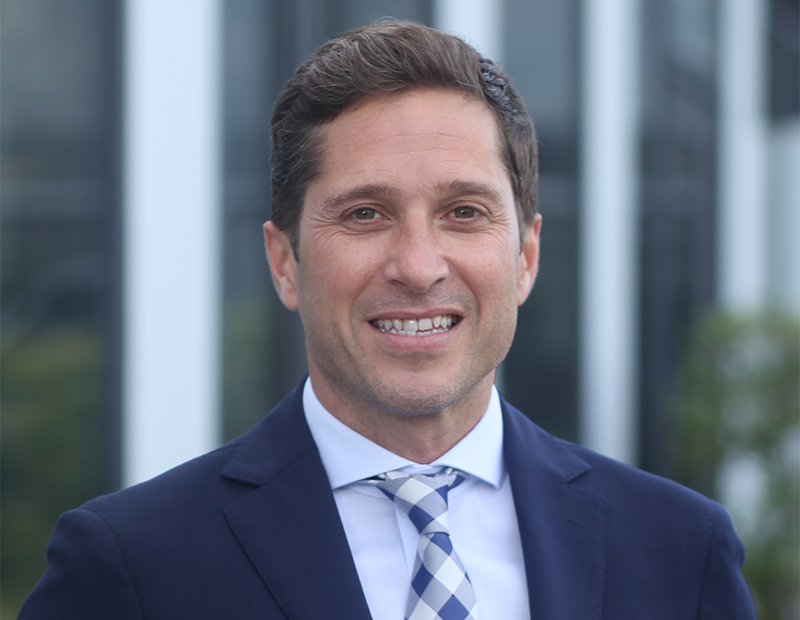

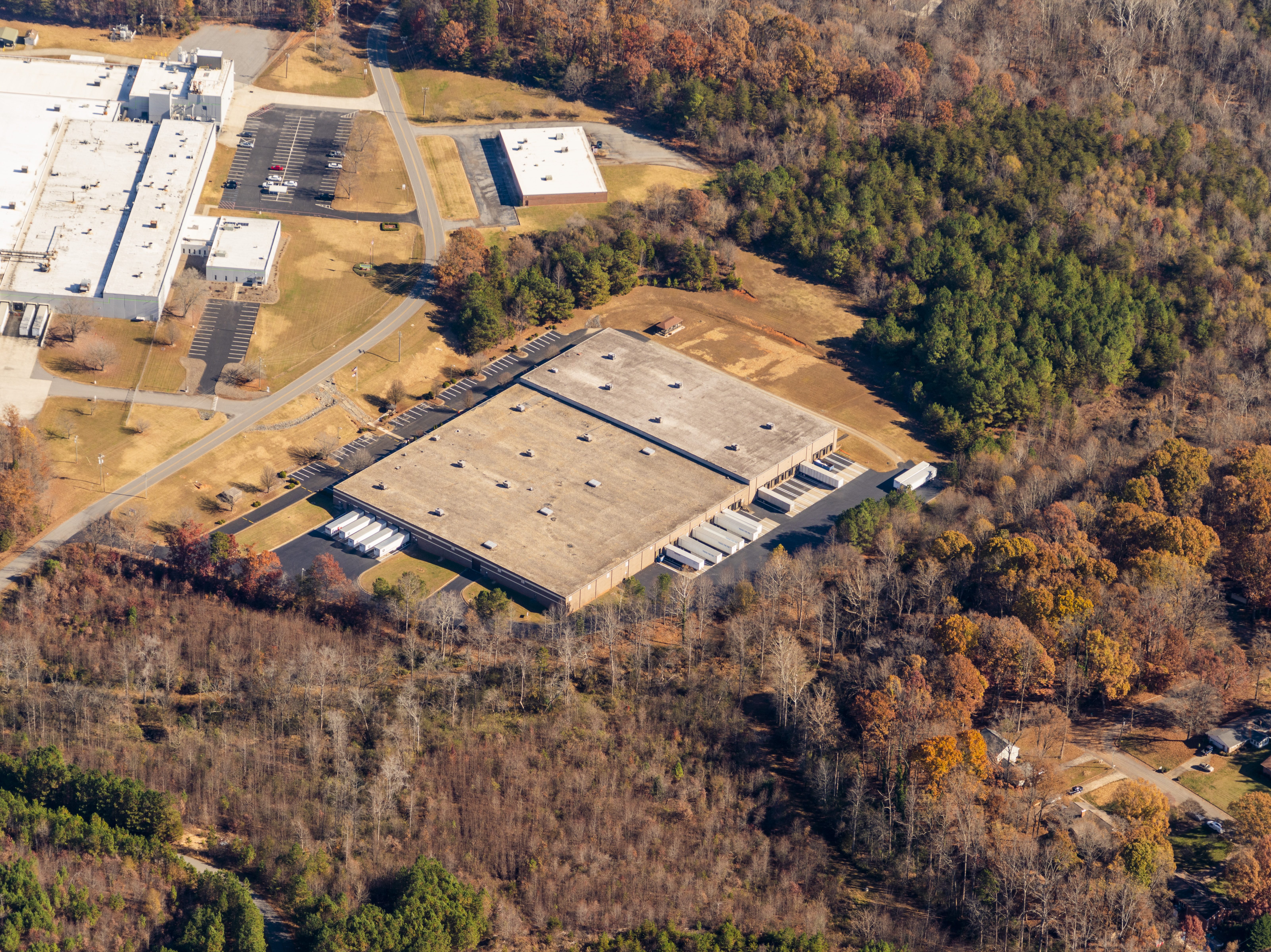
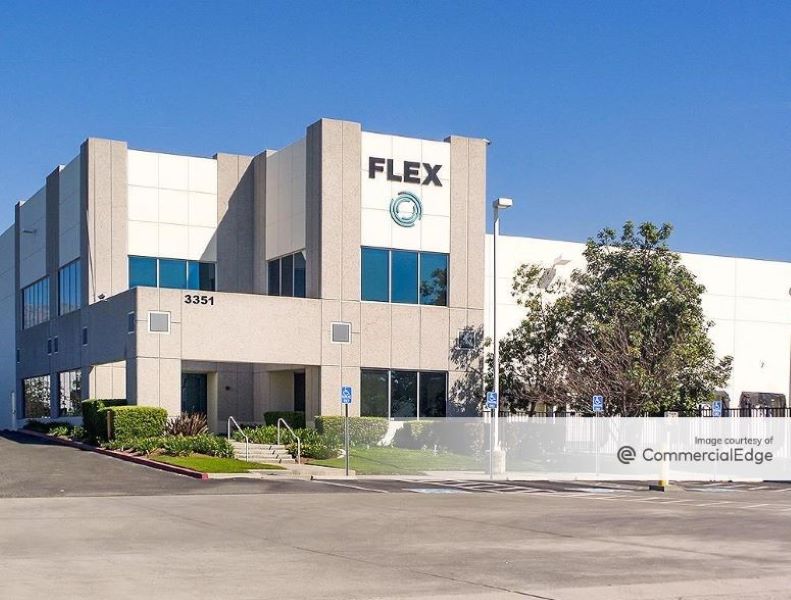
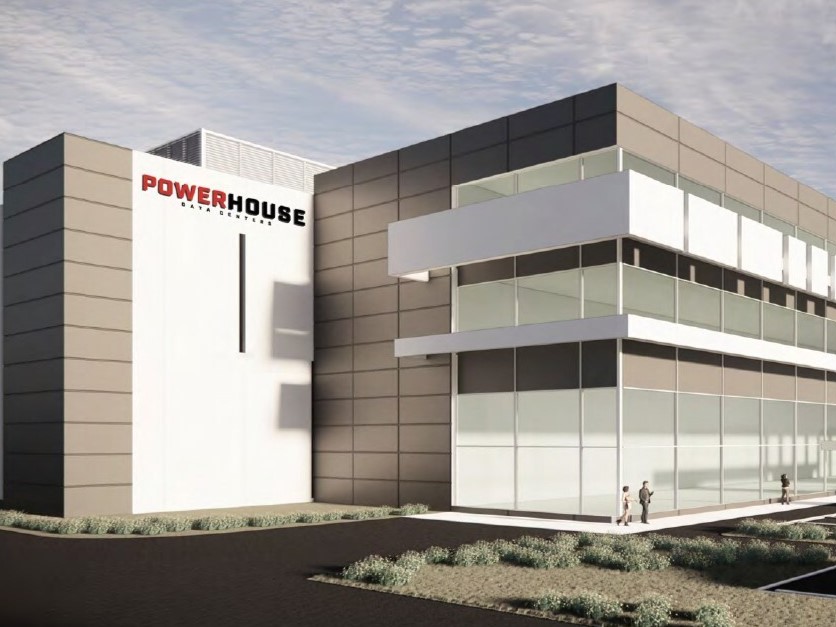
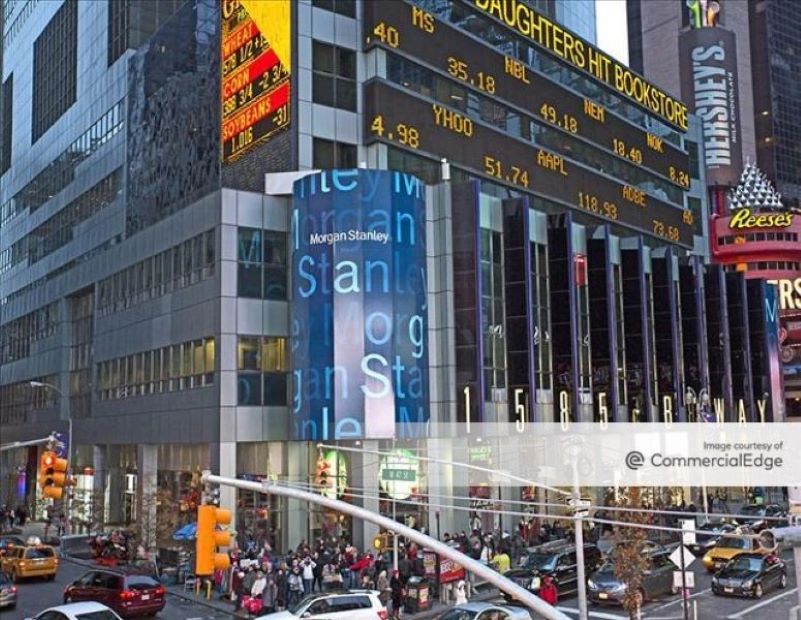

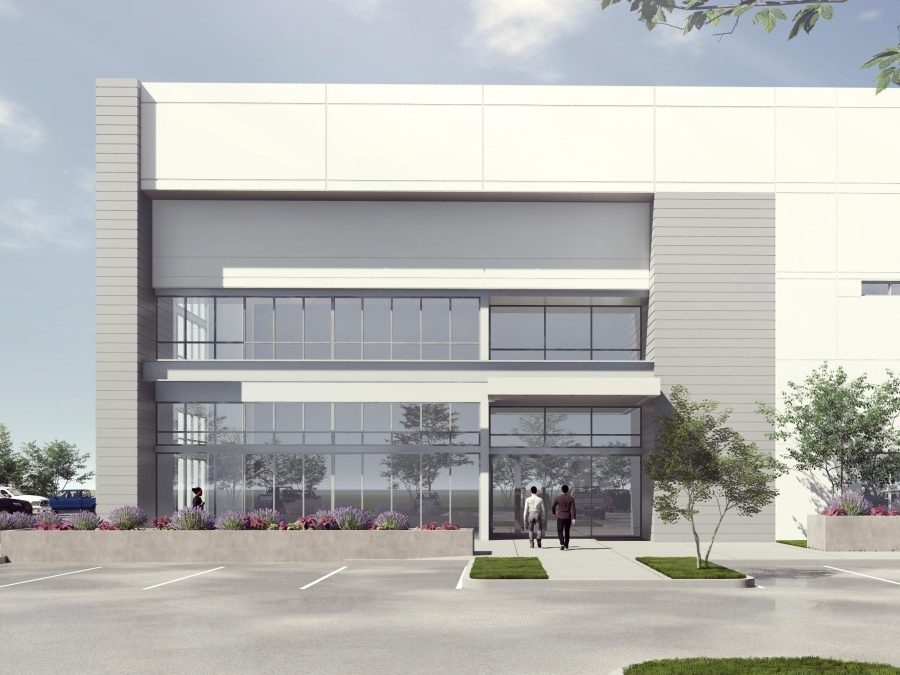
You must be logged in to post a comment.